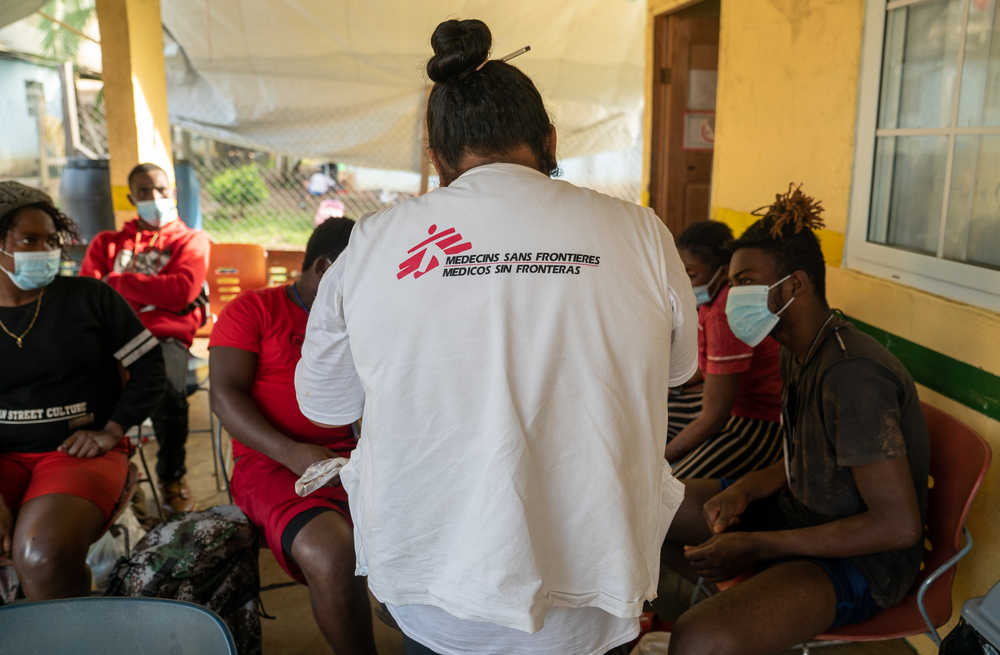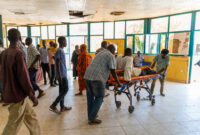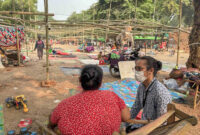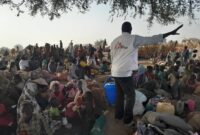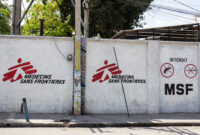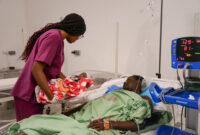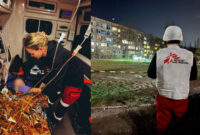Darien Gap, Panama: MSF reinforces support in response increasing number of migrants
Since May 2021, Doctors Without Borders/Médecins Sans Frontières (MSF) has treated more than 14,000 people who were injured while crossing the Darién Gap.
More than 11,000 migrants arrived in Panama from Colombia in June, 2021. This is the highest figure so far this year and a very unusual number in one month during the rainy season, when crossing the tropical jungle of the Darién becomes even more dangerous. In response, MSF has reinforced its medical teams in Bajo Chiquito, the first village that migrants reach in Panama, and at the migrant reception stations (MRS) in Lajas Blancas and San Vicente. The teams have treated over 14,000 patients since their activities began at the end of May.
MSF now has 15 members of staff working across the three locations, including medical, psychological and logistics personnel. The teams have managed to deal with the high number of medical consultations required, which in July exceeded 6,000. In July, 14 patients were evacuated for medical emergencies. Most people require treatment for traumatic wounds and skin conditions caused by insect bites, and foot conditions resulting from long periods of walking across wet and muddy terrain. MSF patients also report being targeted by criminal gangs in the jungle, who assault and rob them, stealing their belongings and even their food. 88 women have reported being sexually assaulted or raped during the robberies.
In addition to providing medical services, MSF psychologists help migrants to cope with their traumatic experiences in the jungle. On many occasions they report finding the corpses of people who have suffered fatal falls or have drowned in swollen rivers. Since May, MSF psychologists have held 411 individual and 154 group mental health consultations.
“We continue to witness the huge flow of migrants risking their lives to cross the Darién Gap and the serious consequences of the violence to which they are exposed. We believe it is urgent that the governments of Colombia and Panama look for ways to guarantee their safe passage and to deploy the necessary protection mechanisms in their territories to avoid more deaths and suffering on the route through the Darién,” said Raúl López, MSF field coordinator in Panama.
